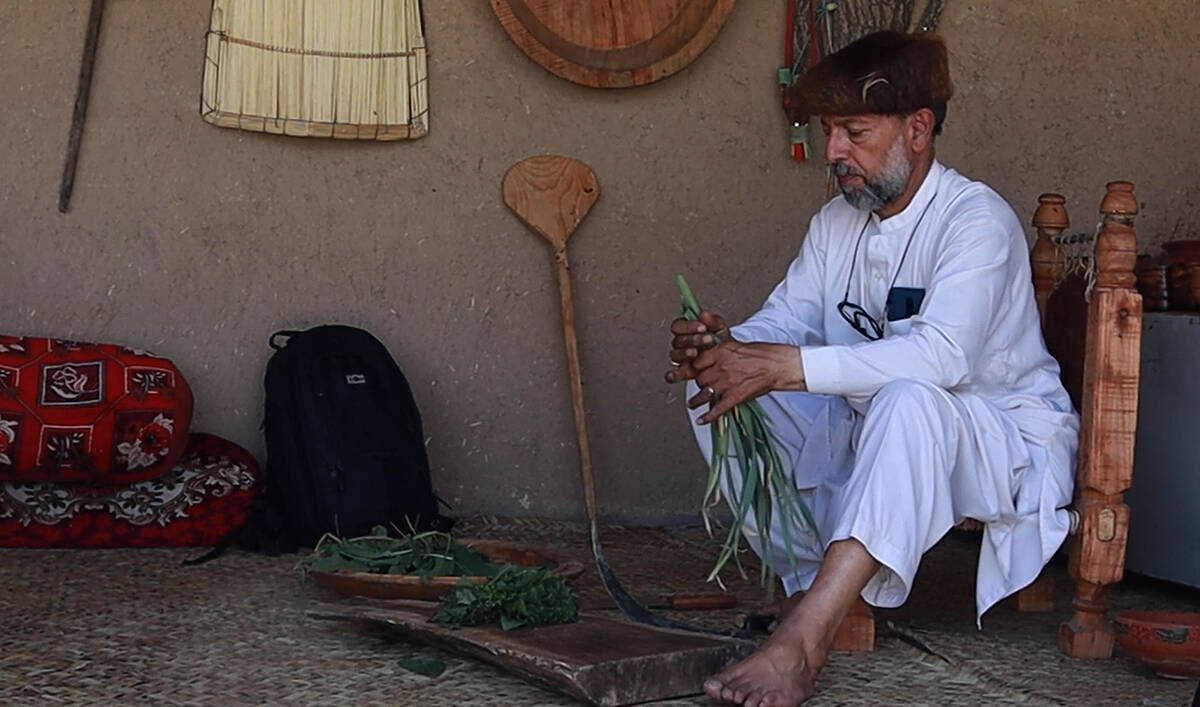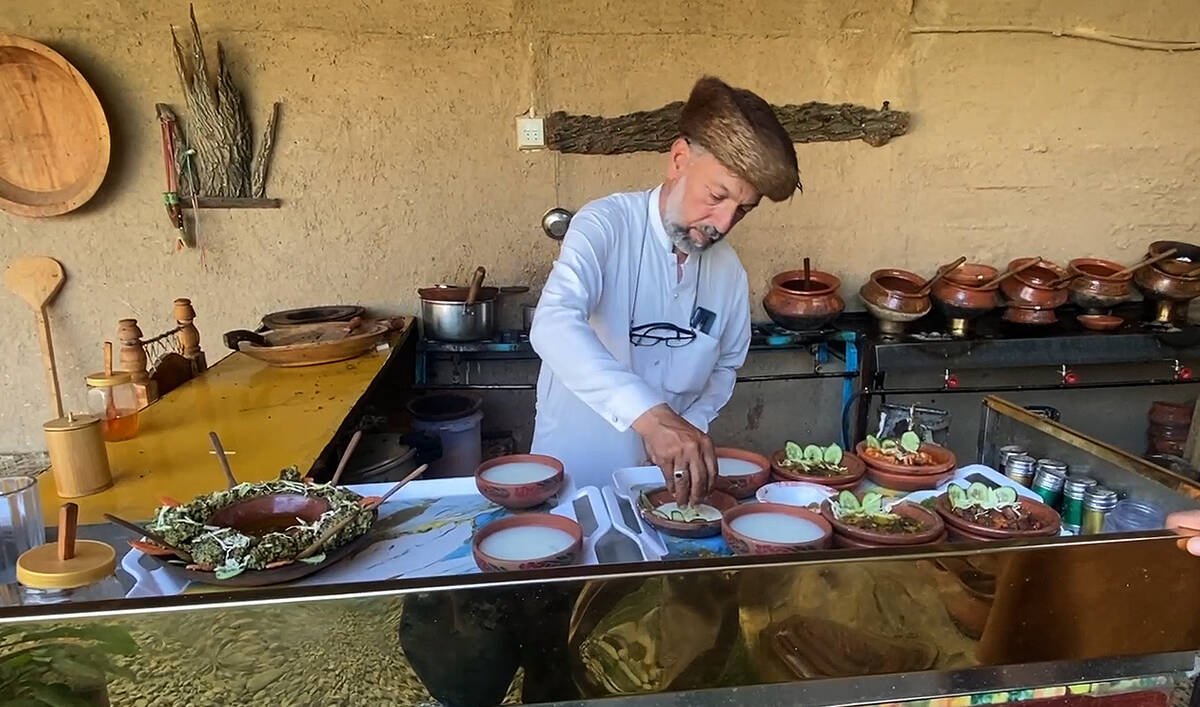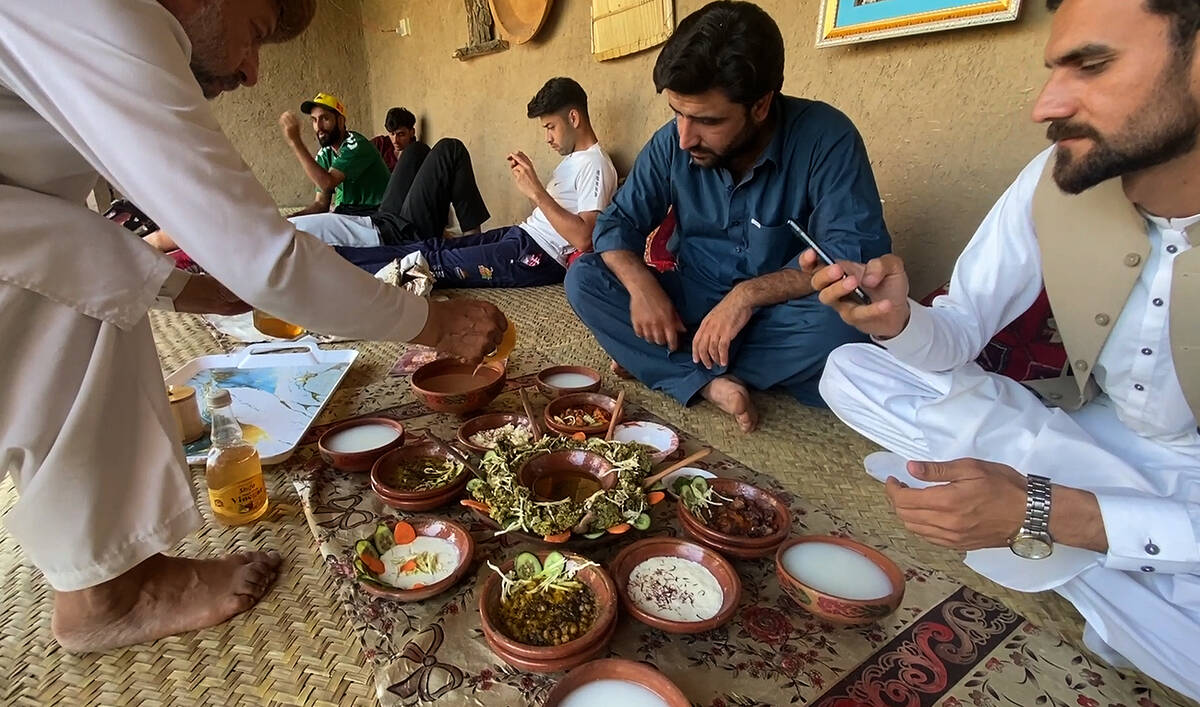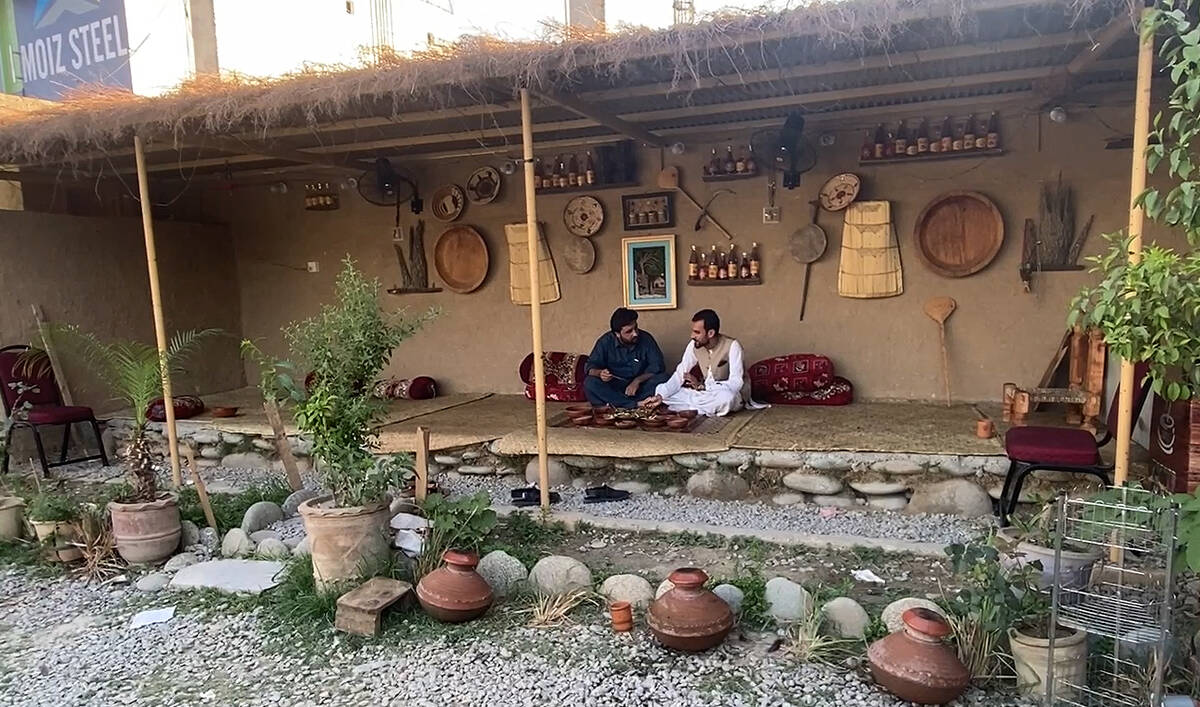ISLAMABAD: The Pakistan government has blocked thousands of web addresses in recent years to remove ‘objectionable content’ and ensure that children and the young “productively” engage with the Internet, the Pakistan Telecommunication Authority (PTA) has said in a recent report.
Since 2016, the Authority has processed and blocked as many as 418,139 web addresses for carrying “obscene and immoral” content. Digital rights activists estimate the total blocked web addresses in the country could be over one million.
“One of the key priority areas of PTA is to ensure that the Internet is sanitized and devoid of objectionable content so that children and youth can productively benefit from this global village,” says the recently launched PTA annual report for 2020.
Last November, the prime minister approved new social media regulations that gave the PTA “removal and blocking” powers of digital content that “harms, intimidates or excites disaffection” toward the government or poses a threat to the “integrity, security and defense of Pakistan”.
A service provider or social media company could face a fine up to 500 million rupees ($3.14 million) for non-compliance, which would in turn trigger a mechanism preventing the uploading and live streaming, particularly related to “terrorism, hate speech, pornography, incitement to violence and detrimental to national security”.
A platform has to act within 24 hours or, in case of an emergency, six hours to remove content. The rules also empower the telecom authority to block an entire online system.
Last month, the attorney general of Pakistan told the Islamabad High Court the government was ready to review the new Internet rules during hearing a petition filed by the Pakistan Federal Union of Journalists (PFUJ) and others.
The new PTA report says the authority has blocked 348,560 web addresses for being in violation of decency and morality; 32,885 for going against the glory of Islam; 14,882 for sectarian/hate speech; 11,906 for being in violation of defense of Pakistan; and 5,499 for contempt of court, among others.
In a bid to curb the menace of pornography, PTA had acquired a list of 2,384 websites from Interpol and managed to block them.
“This is an ongoing process as millions of webpages are uploaded on the Internet on a daily basis, requiring collective firewalling efforts,” PTA said.
The authority, however, acknowledged that even though all well-known porn websites had been geo-blocked in the country, users were still able to circumvent restrictions by using proxy servers, Virtual Private Networks (VPNs) and special browsers.
“Cognizant of the fact that unlawful content is being accessed through VPNs, PTA continues to block proxy websites on the fly,” it said.
At a time when Pakistan’s Internet users have crossed 90 million, with a broadband penetration of 42.2 percent and telecom networks availability for 87 percent of the population, digital rights activists say the government has increased its clampdown on Internet freedoms.
“Internet freedom is extremely important for the progress of any society,” Haroon Baloch, program manager at digital advocacy group Bytes for All, told Arab News. “Therefore, the government must review its laws to allow the public to freely access online content of their choice.”
PTA has repeatedly said it is not muzzling Internet freedoms but only blocking content that goes against the glory of Islam or the country’s national security, as well as websites that incite hatred and sectarianism.
























